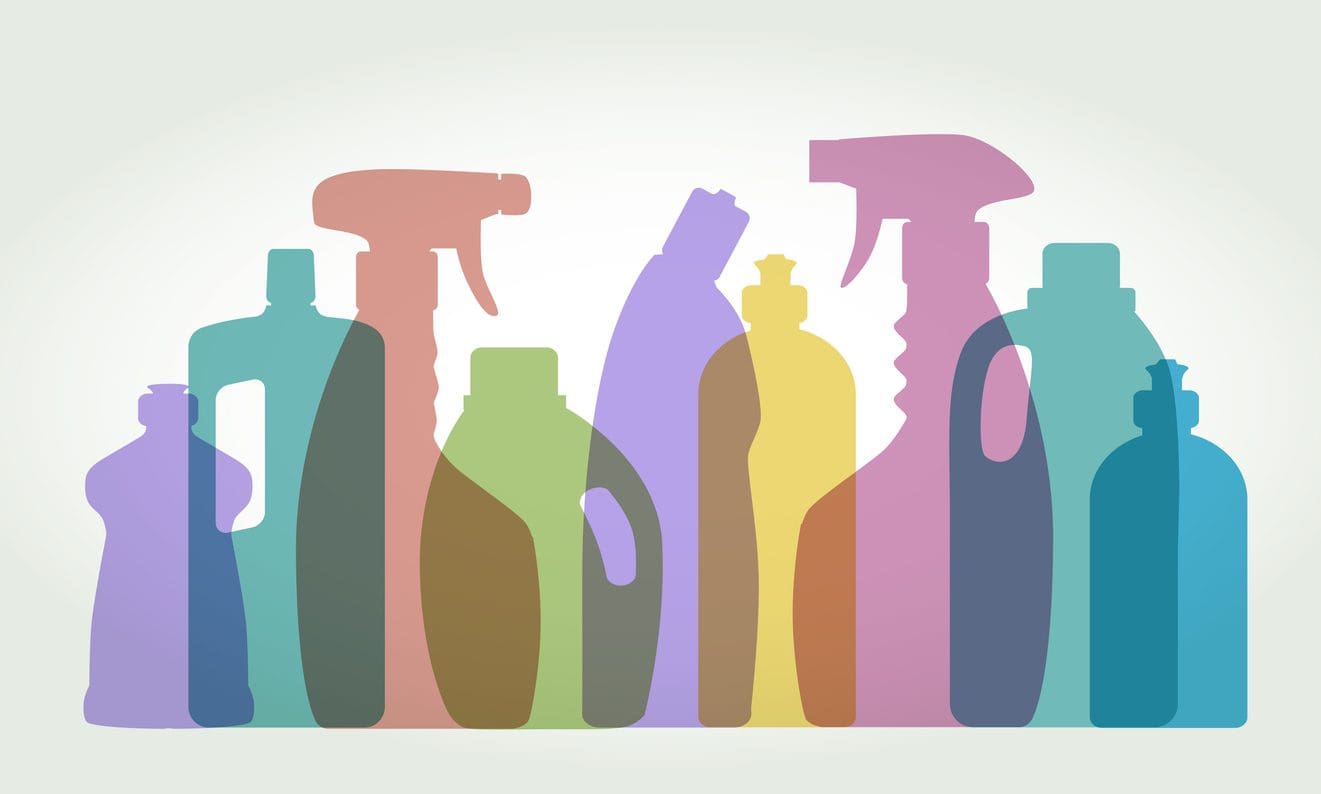How Eco-Friendly Purchasing Policies Can Protect Health and the Environment
Pervasive in our homes, workplaces, environments, food, and bodies, toxic chemicals can cause lasting health impacts because of how they are manufactured, used, and disposed. CityHealth, an initiative of the de Beaumont Foundation and Kaiser Permanente, annually recognizes municipal efforts to implement Eco-Friendly Purchasing (EFP) policies. City leaders can lead by example and lessen exposure for city workers, residents, and visitors by buying products free of toxic chemicals. When our leaders purchase eco-friendly products for city buildings, they make it clear that the health of our communities and our environment is worth protecting.
Purchasing Power & Eco-Friendly Purchasing Policies
Tackling such a ubiquitous issue as toxic chemicals may seem overwhelming, especially for local governments that have no authority over product ingredients. What cities do have, however, is purchasing power. Every day, procurement departments in cities across the country spend millions of dollars on products to keep operations running smoothly. Phoenix, for example, estimated its procurement spending at $4.2 million for the 2023-2024 fiscal year.
Many cities are passing EFP policies to help prevent the purchase of toxic products and help minimize the harmful effects of toxic chemicals that disproportionately burden marginalized communities. Cities spend millions of dollars on everyday-use products like furniture, foodware, and cleaners — with toxic chemicals commonly found in products in all three categories. Cities can use EFP policies, which are targeted to the “use” stage of a product’s lifecycle, to reduce exposure for staff and residents and to advocate for healthier products.
Cities are not alone. EFP policies exist at all levels of government as large purchasers, including states and federal agencies, grow more concerned about the health impacts of toxic chemicals. States such as Minnesota have adopted environmentally responsible purchasing policies, and the U.S. Environmental Protection Agency (EPA) is now requiring all new cleaning product purchasing contracts to be free of Per- and Polyfluorinated Substances (PFAS), also known as “forever chemicals.”

Cost & Advertising Considerations
This push toward products with safer chemistry means there are more products available on the market that meet non-toxic ecolabel standards than in years past. Rising demand also means that non-toxic alternatives are increasingly offered at comparable prices, as the Massachusetts Operational Services Division found.
Green cleaners are often sold in concentrates that can be diluted for use in multiple cleaning tasks, resulting in cost savings. Ideally, this influence further incentivizes manufacturers to meet market demands and create safer products.
Some chemical companies may attempt to increase sales and evade regulation through a host of tactics including “greenwashing,” which occurs when a product is advertised as more environmentally friendly, sustainable, or non-toxic than it really is. City procurement departments should be aware of companies making false or misleading statements about the environmental benefits of a product and ensure their EFP policies provide guardrails to avoid this.
Certified products are a good starting point to determine the accuracy of environmental claims, especially those that require more stringent guidelines such as third-party verification or lab results. Resources such as the EPA’s Safer Choice criteria help purchasers identify certified products that are free of harmful chemicals and that they meet other sustainability criteria such as sustainable packaging.
Cities: It’s Time to Take Action
EFP policies are an important tool that cities can use to lead by example and demonstrate support for non-toxic products and ensure that all residents, regardless of race, age, gender, or occupation have access to a healthy and sustainable environment. These policies are a small step towards environmental justice and are a vital component of a more equitable future.
For cities that want to join this movement, CityHealth and our partners at the Center for Environmental Health are ready to help you adopt an EFP policy for your city. Contact us at [email protected] to get started.
Isabela Garcia is the food program manager at the Center for Environmental Health.
